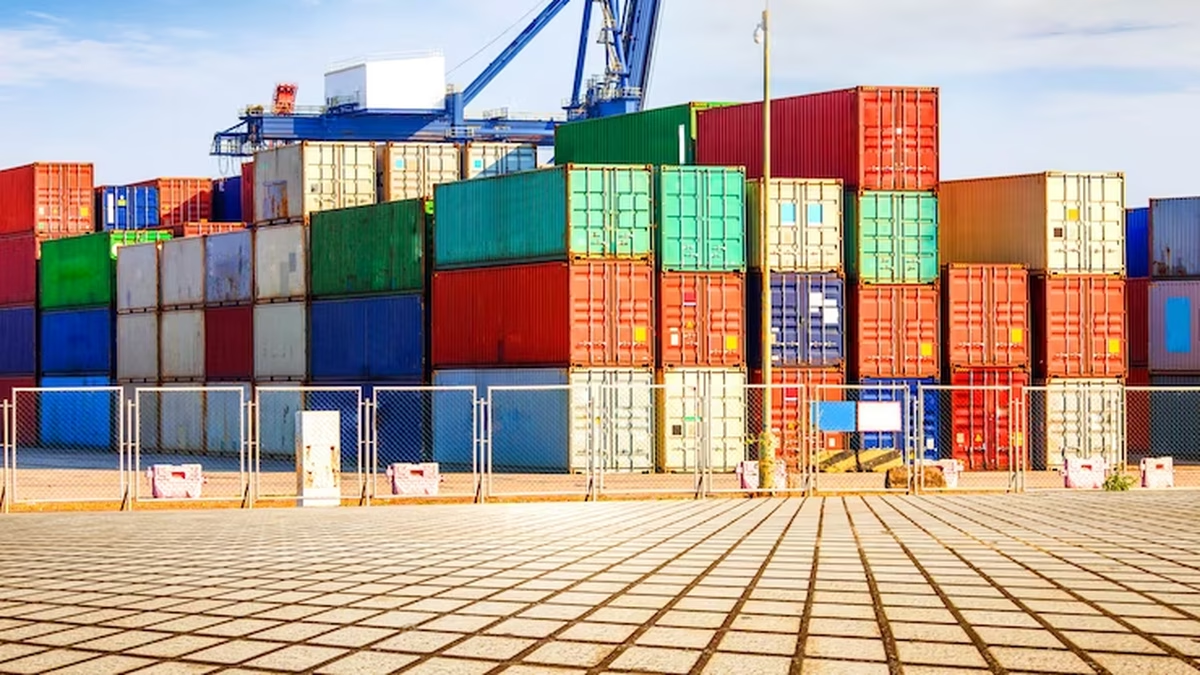Uruguay is waiting to be able to join the Comprehensive and Progressive Trans-Pacific Partnership Agreement (CPTPP) since December of last year, and while various voices were raised in the country against it – such as the conglomerate of Mercosur and the local opposition –, England managed to sign their entry this week.
Currently, the country is waiting for three economic agreements that would be key to its economy. The most recent is Mercosur with the European Union (EU), the Free Trade Agreement (FTA) with China and the Comprehensive and Progressive Trans-Pacific Partnership Agreement.
On December 1, 2022, the Lacalle Pou government formalized its intentions to join the CPTPP with the presentation of the document by the chancellor Francisco Bustillo to the Minister of Commerce and Growth of Exports and head of Primary Industries of New Zealand, Damien O’Connor.
What does the agreement entail?
After the delivery of the formal document, Bustillo spoke with O’Connor about the procedure that the country must follow for the application to be considered, something that will imply internal legal changes for Uruguayas well as a long waiting time.
Within these legal changes, are affecteds state-owned enterprises. According to the preamble of the agreement, these companies can play a fundamental role in the economy of a country and that is why believe it is important not to be given “unfair advantages” as they affect free trade and investment.
The text specifies that the resources obtained from these monopolistic activities cannot be used for the economic activity of those companies. That is why the agreement warns that Changes will have to be made to the regulations at the national level.which will require a corresponding debate in the government.
the deal especially regulates telecommunications companiesin the Uruguayan case it would be Antel, related to the monopoly of fixed telephony, the fixing of tariffs and the provision on flexibility in the choices of new technologies.
The controversies it generates
The government’s decision sparked the opinions against the opposition, who assures that the request to enter the Trans-Pacific Agreement with the current conditions involves different problematic points: lack of social participation, decision-making based on unknown reports and unnecessary arrogance to the inside of mercosur.
In this sense, first of all, the Broad Front points out that it ignores whether the government dialogued with civil society organizations linked to issues such as investments, competitiveness, transparency, anti-corruption, state companies, monopolies and many others that are included in the 30 chapters that make up the CPTPP.
Also, according to the document produced by the International Affairs and Relations Commission of the coalition (CARIFA) and presented to Pereira, the government based the commercial diplomatic decision on two preliminary technical reports that the Senate International Affairs Committee unknown, despite the fact that Bustillo appeared in front of it in August. These were made by the Chancelleryon the one hand, and by academics from the University of the Republicthe Catholic University and the University of Montevideofor the other.
Source: Ambito




